The Psychology of Voting and Election Campaigns
Overview & Schedule
This conference will do just that, thanks to a core grant provided by the American Psychological Association and additional support provided by other sponsors.
The purpose of the conference is discussion, idea-generation, and collective brain-storming. Through two days, presentations will be made by a series of psychologists whose research offers potential insights into how voters make decisions about whether to vote and which candidate to support. Following each presentation will be a group discussion of the presented ideas and their applicability to the study of mass political behavior. By the conference’s end, we hope to have an array of new ideas suitable for testing in the upcoming American National Election Study Surveys.
The conference is open to the public, including faculty, graduate students, and undergraduates, professionals outside of academia, and members of the general public.
SCHEDULE
Friday, October 20
8:00-8:30 Breakfast
8:30-9:10 Welcome and Opening Orientation
9:15-10:00 Brian A. Nosek, The Politics of Intergroup Attitudes and Stereotypes
10:00-10:45 Keith Payne, A Misattribution Approach to Implicit Attitudes: Implications for Measurement and Theory
10:45-11:15 Coffee Break
11:15-12:00 Richard Petty, Confidence in Attitudes: Explicit and Implicit Factors
12:00-1:30 Break for Participants to Get Lunch on Their Own
1:30-2:15 Jack Glaser, Candidate Emotionality
2:15-3:00 Lee Jussim, Political Person Perception: Stereotypes versus Individuating Information Revisited
3:00-3:30 Coffee Break
3:30-4:15 Susan M. Andersen, Calling to Mind a Significant Other: Implications of Research on Transference for Reactions to Political Candidates
4:15-5:00 Charles Judd, Issue Polarization, Perceived Issue Polarization, and Candidate Preferences
5:15-6:00 Eliot R. Smith, The Role of Group-Based Emotions in Intergroup Relations and Political Behavior
Saturday, October 21
8:00-8:30 Breakfast
8:30-9:15 Joachim Krueger, How Illusory is the Voter’s Illusion?
9:15-10:00 Gavan J. Fitzsimons, Can Asking Questions Alter Voter Behavior?
10:00-10:45 Stacey Sinclair, The Interpersonal Basis of Social Beliefs
10:45-11:15 Coffee Break
11:15-12:00 Eldar Shafir, The Varieties of Psychological Experience Underlying Preference Inconsistency
12:00-1:30 Break for Participants to Get Lunch on Their Own
1:30-2:15 Geoffrey Cohen, Identity, Belief, and Change
2:15-3:00 John T. Jost, The End of the End of Ideology
3:00-3:30 Coffee Break
3:30-4:15 Tanya Chartrand, Nonconscious Goal Pursuit
4:15-5:00 James Shah, Connecting to the Wills of the People: Voting Behavior as Goal Management
5:15-6:00 Wrap-up discussion
